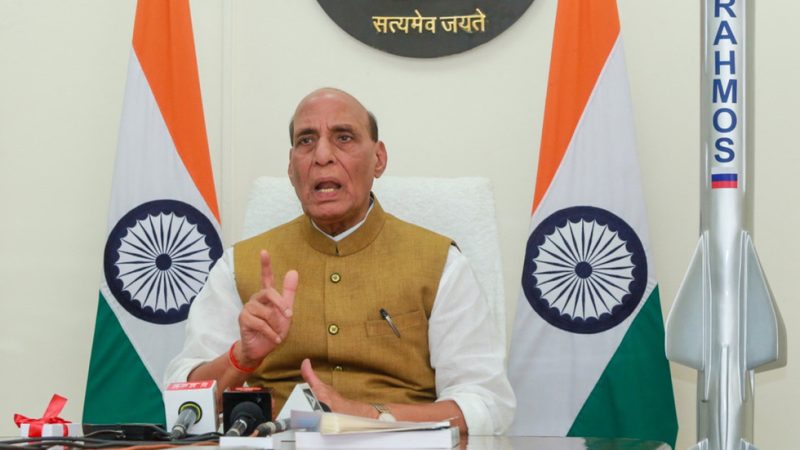
Recent statements by Indian Defense Minister Rajnath Singh have ignited a renewed debate about the safety and security of Pakistan’s nuclear arsenal. Singh’s comments, questioning whether Pakistan’s nuclear weapons are in safe hands, have raised significant geopolitical concerns and sparked international discussion.
Singh’s assertion is not a new one. Concerns regarding the stability of Pakistan, particularly given its history of political instability and military coups, have long fueled anxieties about the potential for nuclear proliferation or accidental use. The lack of transparency surrounding Pakistan’s nuclear program further exacerbates these anxieties. The demand for increased international scrutiny, specifically through the International Atomic Energy Agency (IAEA), is a direct response to these concerns.
The IAEA’s role in safeguarding nuclear materials and preventing proliferation is well-established. However, Pakistan, like several other nuclear powers, has not signed the Additional Protocol to the Nuclear Non-Proliferation Treaty (NPT), limiting the extent of IAEA inspections. This lack of comprehensive oversight has long been a source of tension and fuels skepticism among international observers regarding the security of Pakistan’s nuclear weapons.
The situation is further complicated by the ongoing geopolitical tensions between India and Pakistan. The two countries have a long and complex history of conflict, and the presence of nuclear weapons on both sides significantly raises the stakes. Singh’s statement can be interpreted as an attempt to pressure Pakistan and the international community to address these concerns directly.
While the call for increased IAEA oversight is understandable given the concerns about safety and security, it’s important to consider the potential political ramifications. Pakistan is unlikely to readily accept increased scrutiny of its nuclear program, viewing it as an infringement on its sovereignty. This could potentially escalate tensions further, hindering diplomatic efforts to de-escalate the situation. Finding a diplomatic solution that balances the need for nuclear safety with the sensitivities of national sovereignty remains a significant challenge.
Ultimately, the issue is one of international security. The global community has a vested interest in ensuring that nuclear weapons are handled responsibly and securely, regardless of political tensions. The ongoing debate highlights the need for open dialogue, transparency, and international cooperation to address these vital concerns.









